Number Properties Puzzle – Challenge 15
A mathematical challenge to tease your brain. Have a look at the solution to the puzzle if you can't solve it! Let's challenge your brain!
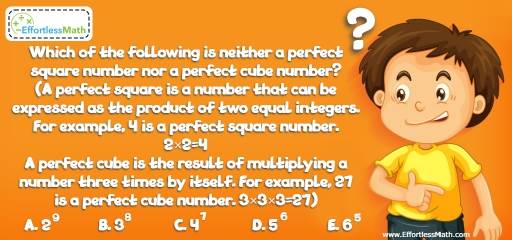
Challenge:
Which of the following is neither a perfect square number nor a perfect cube number? (A perfect square is a number that can be expressed as the product of two equal integers. For example, 4 is a perfect square number. 2×2=4
A perfect cube is the result of multiplying a number three times by itself. For example, 27 is a perfect cube number. 3×3×3=27)
A- \(2^9\)
B- \(3^8\)
C- \(4^7\)
D- \(5^6\)
E- \(6^5\)
The Absolute Best Book to Challenge Your Smart Student!

The correct answer is E.
Let’s analyze each option:
\(2^9 = (2^3)^3\), therefore, \(2^9\) is a perfect cube number.
\(3^8 = (3^4)^2\), therefore, \(3^8\) is a perfect square number.
\(4^7 = (2^2)^7 = 2^{14} = (2^7)^2\), therefore, \(4^7\) is a perfect square number.
\(5^6 = (5^3)^2\), therefore, \(5^6\) is a perfect square and perfect cube number.
\(6^5\) cannot be written with different base. So, this is the answer!The Absolute Best Books to Ace Algebra
Original price was: $29.99.$19.99Current price is: $19.99.Original price was: $29.99.$14.99Current price is: $14.99.Original price was: $29.99.$14.99Current price is: $14.99.Satisfied 1 StudentsOriginal price was: $24.99.$14.99Current price is: $14.99.Satisfied 92 StudentsOriginal price was: $24.99.$15.99Current price is: $15.99.Satisfied 125 Students
Related to This Article
More math articles
- Sandy Savings: A Guide to How to Calculate Sales Tax on Your Beach Vacation
- 6th Grade MAP Math Practice Test Questions
- A Comprehensive Collection of FREE PSAT Math Practice Tests
- 6th Grade NHSAS Math Worksheets: FREE & Printable
- How to Find Slope From a Graph?
- Top 10 7th Grade STAAR Math Practice Questions
- Top 10 Math Books for 8th Graders: A Roadmap to Excellence
- The Ultimate 7th Grade NYSTP Math Course (+FREE Worksheets)
- How to Piece Together Areas: Compound Figures with Triangles, Semicircles, and Quarter Circles
- ACT Tеѕting Accommodations fоr Studеntѕ with Diѕаbilitiеѕ
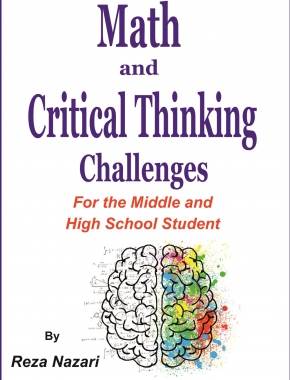
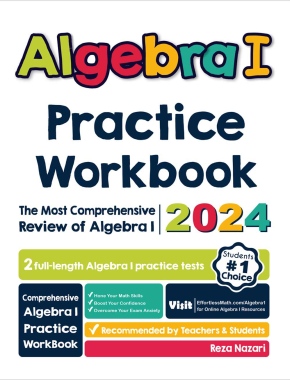
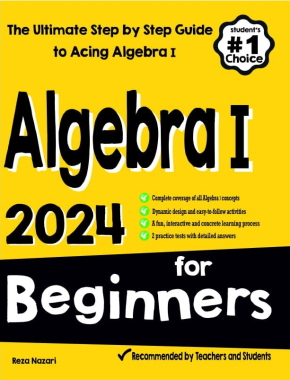
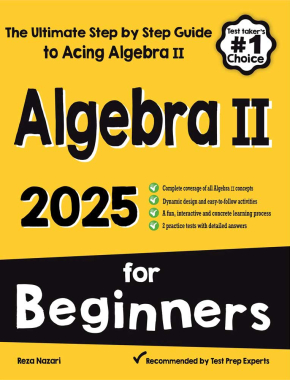
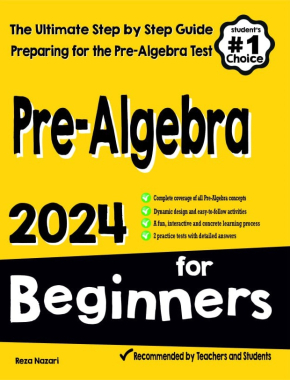
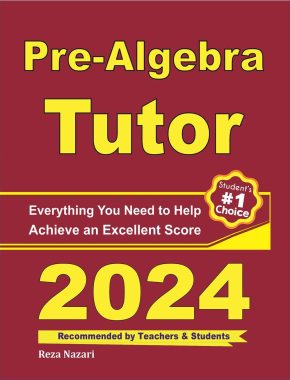

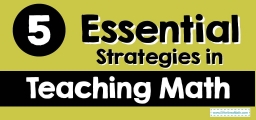



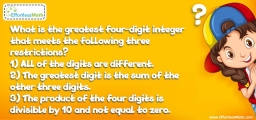
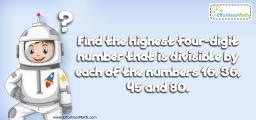
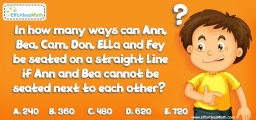

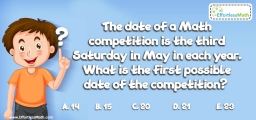
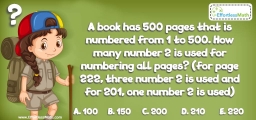
What people say about "Number Properties Puzzle – Challenge 15 - Effortless Math: We Help Students Learn to LOVE Mathematics"?
No one replied yet.